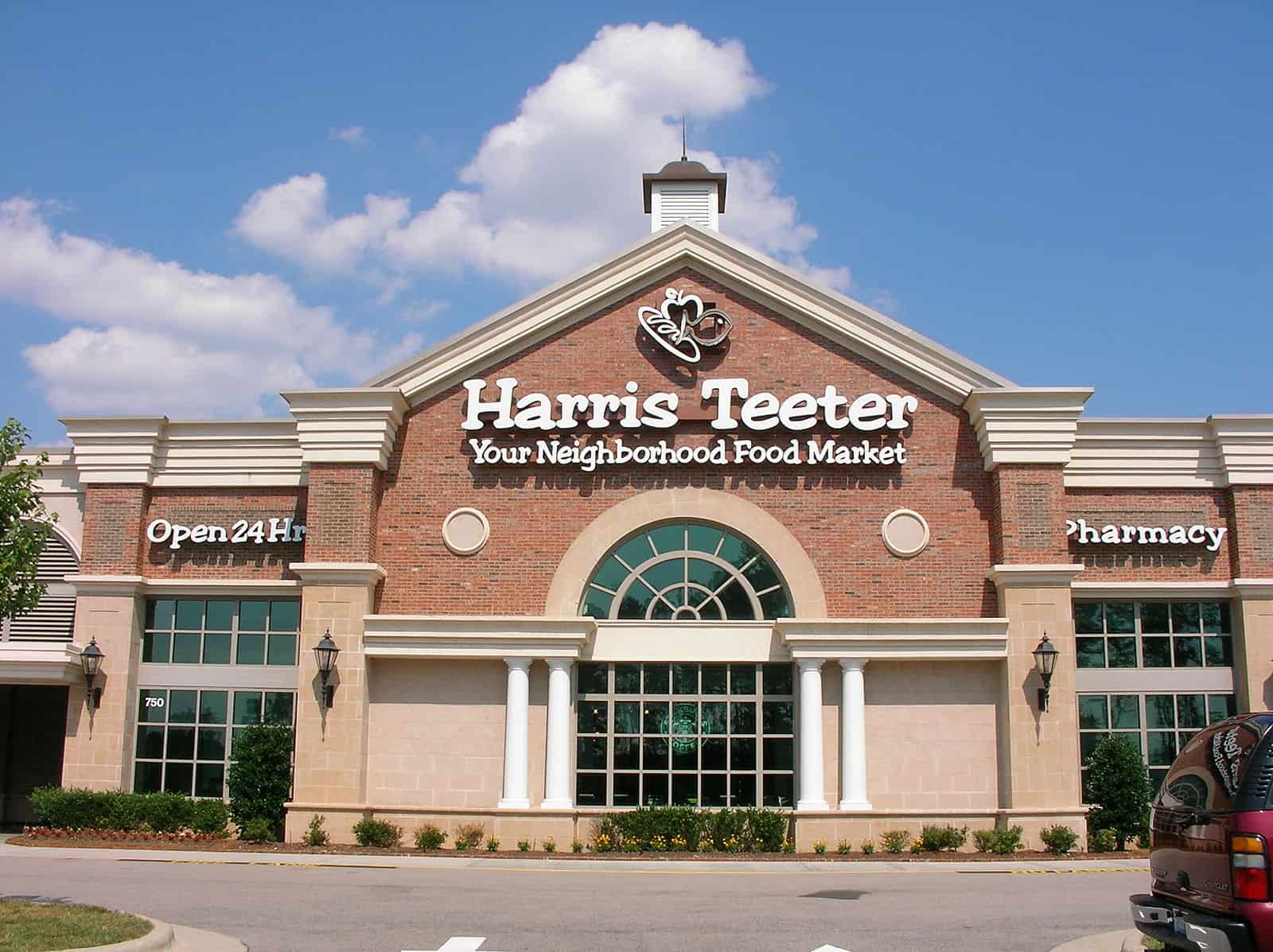
Jon Levitan is a student at Harvard Law School and a member of the Labor and Employment Lab.
The AFL-CIO has sued the Occupational Safety and Health Administration (OSHA) over its failure to protect workers from the coronavirus. The petition, filed in the D.C. Circuit, seeks an order forcing OSHA to issue emergency standards to protect workers from the virus. While agencies are typically not required to issue regulations, the petition says that OSHA’s failure to issue standards amid the pandemic “constitutes an abuse of agency discretion so blatant and of ‘such magnitude’ as to amount to a clear ‘abdication of statutory responsibility.’” If the petition is granted by the court, the agency would have 30 days to issue standards for protecting all employees in workplaces covered by OSHA from airborne disease transmission. In a statement, AFL-CIO President Richard Trumka said, “[i]t’s truly a sad day in America when working people must sue the organization tasked with protecting our health and safety. But…[i]f the Trump administration refuses to act, we must compel them to.”
It’s been almost two months since the CARES Act was passed and delivered some Americans temporary stimulus checks up to $1,200. One group consistently left out of stimulus payments has been undocumented immigrants, as Rund wrote about earlier this month. Now, California, home to the country’s largest undocumented population, is creating a $75 million fund to deliver $500 to undocumented immigrants and $1,000 to households. Only 150,000 people, a fraction of the state’s 2 million undocumented immigrants, will actually be able to receive payment due to the limited size of the fund. Adolfo Luna, a musician who lost all work due to the pandemic, told The New York Times that actually receiving a grant, which will be distributed on a first-come first-serve basis, would be “the equivalent of winning the lottery.”
As some businesses begin to reopen, many employers are temperature testing workers before they arrive at work. One employer, Kroger-owned supermarket chain Harris Teeter, is refusing to tell workers their results after their temperature is taken, even if the workers request it. Workers told Buzzfeed that, after they arrive, they “go into a private room in their store, where a manager then scans their temperature with an infrared, thermal thermometer, checks it, and tells them it’s “good” or “high” or “low” before sending them” onto the shop floor. Workers worried about being told to work despite Harris Teeter knowing that they had a fever and feared their employer’s invasion into “the sovereignty of [their bodies].”
As Jacob wrote about over the weekend, unsafe conditions at meat processing plants have resulted in over 10,000 workers across the country being diagnosed with COVID-19. Last week, workers and United Farm Workers officials held a vigil at a Tyson Foods plant in southeast Washington state for three of their co-workers, Guadalupe Olivera, Bernardo Torralba and Jorge Guijarro-Castaneda, who died from COVID-19. To honor the workers who died, Tyson stopped the production line for three minutes.






Daily News & Commentary
Start your day with our roundup of the latest labor developments. See all
July 2
Block, Nanda, and Nayak argue that the NLRA is under attack, harming democracy; the EEOC files a motion to dismiss a lawsuit brought by former EEOC Commissioner Jocelyn Samuels; and SEIU Local 1000 strikes an agreement with the State of California to delay the state's return-to-office executive order for state workers.
July 1
In today’s news and commentary, the Department of Labor proposes to roll back minimum wage and overtime protections for home care workers, a federal judge dismissed a lawsuit by public defenders over a union’s Gaza statements, and Philadelphia’s largest municipal union is on strike for first time in nearly 40 years. On Monday, the U.S. […]
June 30
Antidiscrimination scholars question McDonnell Douglas, George Washington University Hospital bargained in bad faith, and NY regulators defend LPA dispensary law.
June 29
In today’s news and commentary, Trump v. CASA restricts nationwide injunctions, a preliminary injunction continues to stop DOL from shutting down Job Corps, and the minimum wage is set to rise in multiple cities and states. On Friday, the Supreme Court held in Trump v. CASA that universal injunctions “likely exceed the equitable authority that […]
June 27
Labor's role in Zohran Mamdani's victory; DHS funding amendment aims to expand guest worker programs; COSELL submission deadline rapidly approaching
June 26
A district judge issues a preliminary injunction blocking agencies from implementing Trump’s executive order eliminating collective bargaining for federal workers; workers organize for the reinstatement of two doctors who were put on administrative leave after union activity; and Lamont vetoes unemployment benefits for striking workers.